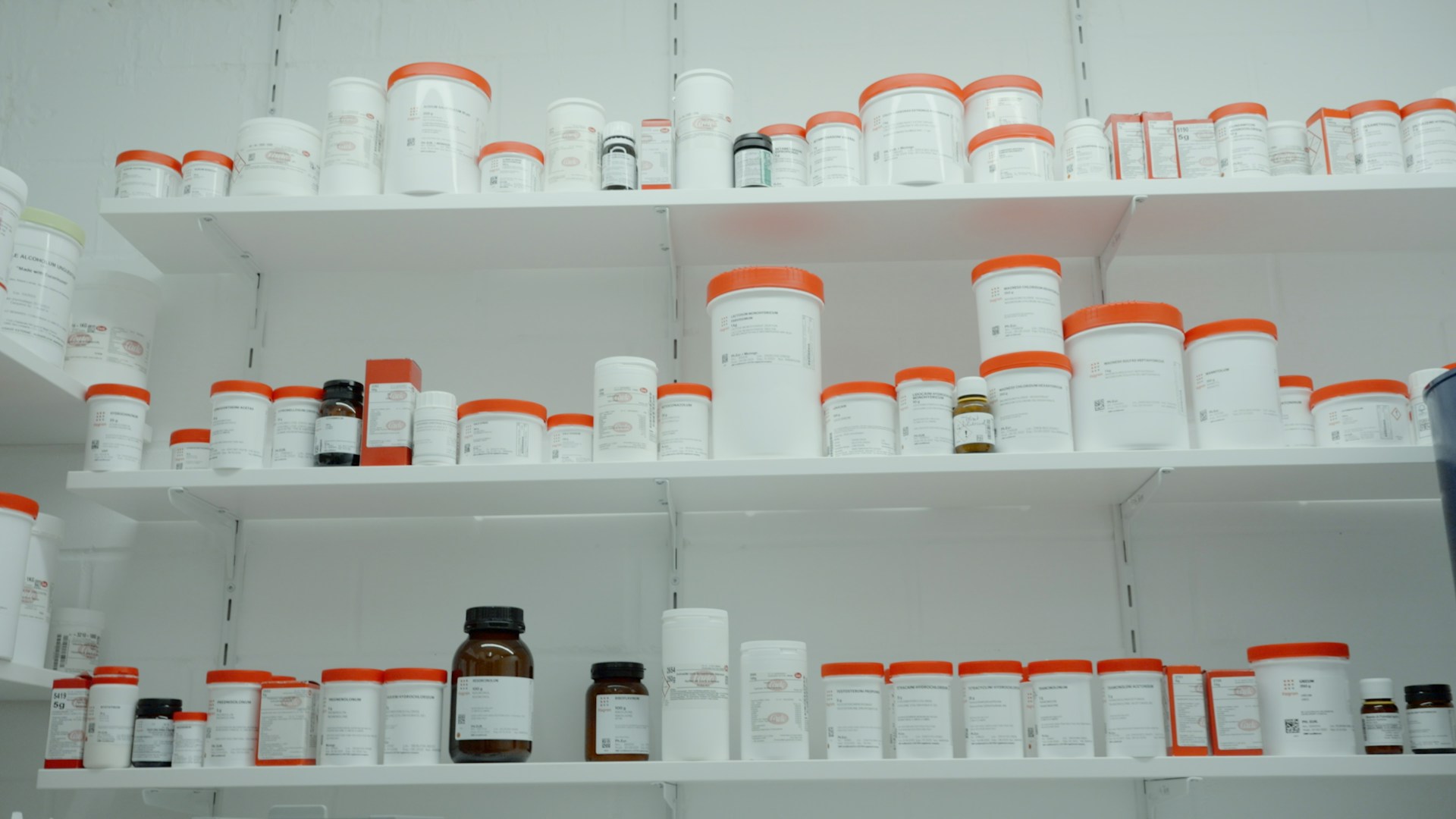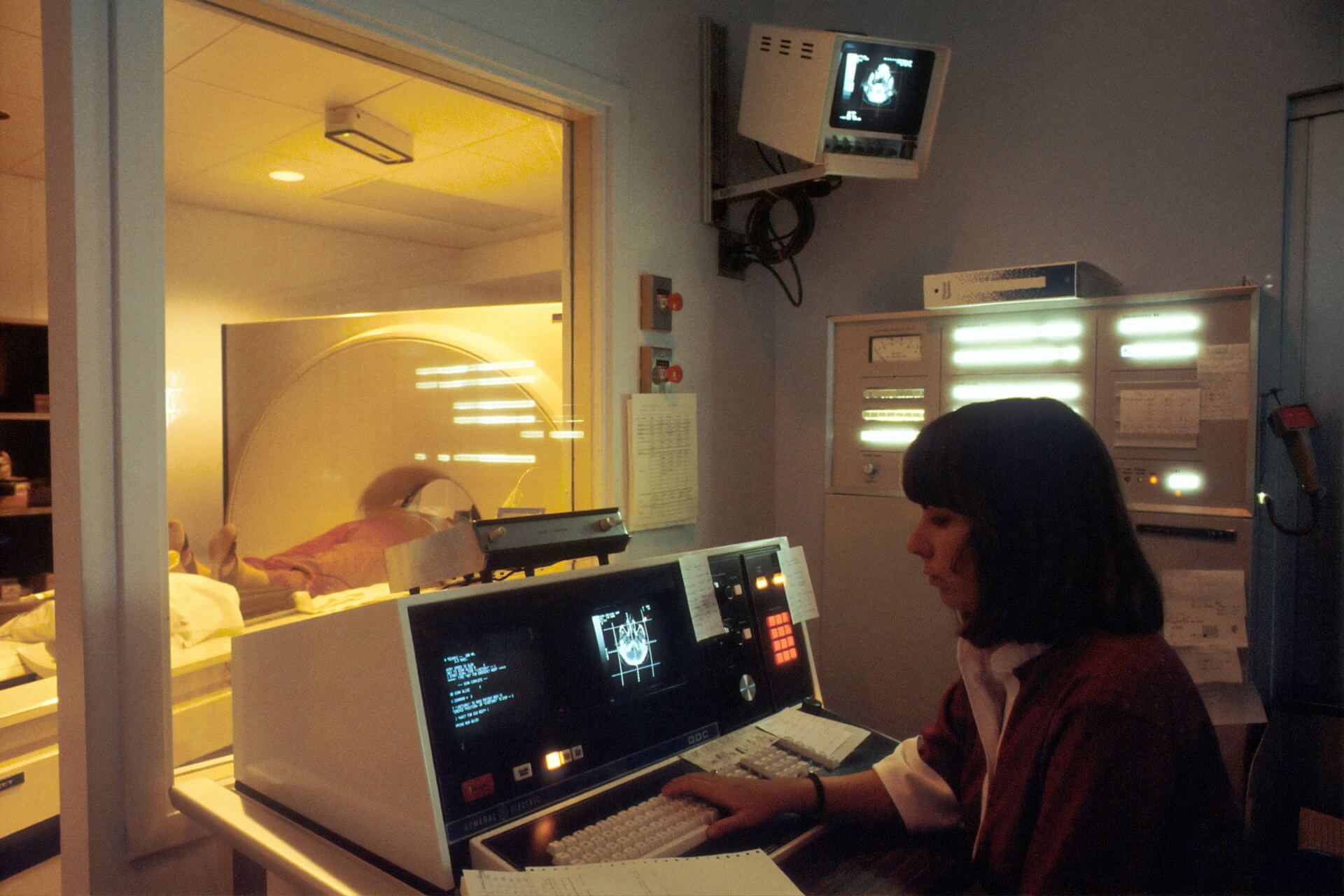
What Is Pharmaceutical Science?
October 10, 2023 - Emily Newton
Revolutionized is reader-supported. When you buy through links on our site, we may earn an affiliate commission. Learn more here.
From vaccines to over-the-counter allergy pills, all medications go through a rigorous process before anyone can take them. Discovering, designing, synthesizing, testing and distributing chemicals that could profoundly affect the human body is a highly regulated affair. Pharmaceutical science is behind it all.
Pharmaceutical Science vs. Pharmacy
Many people confuse these two important branches of science and medicine. Although very closely related, pharmaceutical science is different than pharmacy.
Pharmaceutical science is a specialized field that mostly takes place behind the scenes. It has everything to do with drug discovery and development. Pharmaceutical scientists typically work on research teams at universities or hospitals, and they spend much of their time in the lab. Pharmaceutical science relies heavily on chemistry and biology.
In contrast, pharmacy is a health care profession with a strong emphasis on communicating with patients and doctors. Pharmacists work in community pharmacies and hospitals, and they spend comparatively little time in a laboratory. They may fill prescriptions and inform patients about how to take them. Pharmacy is a great career choice for anyone interested in working with the public in a health care setting.
Both fields are imperative for preventing, treating and curing illnesses. They just fall along two different points on the drug delivery pipeline.
What Does a Pharmaceutical Scientist Do?
There are many specialized careers within the field of pharmaceutical science, all of which carry different responsibilities. In general, some of the most common duties of someone working in the field include:
- Developing and organizing experiments and pharmaceutical trials to gauge the effectiveness of potential treatments.
- Working in a pharmaceutical lab with a group of researchers, potential stakeholders and other scientists, communicating lab results with them.
- Collecting and examining medical data about treatment effectiveness and pharmaceutical resources through every stage of a preclinical process.
- Testing and improving compounds to make them more effective and reduce unwanted side effects.
Branches of Pharmaceutical Science
Pharmaceutical science has four main divisions, some of which are broken down further into specialties:
- Pharmacology
This field is the study of the physiological and biochemical effects of a drug on the human body. It has the following subtypes:
- Pharmacodynamics: Scientists in this field study the molecular and cellular effects of drugs on their receptors. In other words, what does the medication do to a person?
- Pharmaceutical toxicology: This branch of science is concerned with the toxic effects of drugs on the human body.
- Pharmacogenomics: Pharmacogenomics studies the role of the genome to predict how someone will respond to a drug.
- Pharmacokinetics: It looks at factors that dictate how a drug concentrates within the body. In other words, what does the body do to the medication?
- Pharmaceutics
This branch of pharmaceutical science studies how to turn an old drug or new chemical entity into medication that patients can safely use. In other words, it examines how to properly dose a drug. Branches of pharmaceutics include manufacturing, formulation, jurisprudence, technology, dispensing pharmacy and physical pharmacy.
- Pharmaceutical Chemistry
Anyone interested in designing drugs should study pharmaceutical chemistry, the science of creating new pharmaceutical drugs. It also studies existing drugs and their biological properties.
- Pharmacognosy
Many drugs — or the basic ingredients for synthesizing them — come from the environment. Pharmacognosy is the study of medicines derived from natural sources, such as plants, fungi or animals.
Jobs in Pharmaceutical Science
There are many rewarding career paths within the field of pharmaceutical science, including:
- Clinical Research Associate
Clinical research associates develop and implement clinical protocols. They also collect data and execute quality control measures for clinical trials. Their job includes training personnel, identifying potential issues and evaluating the progress of clinical trials.
- Regulatory Affairs Specialist
Specialists in this job work closely with scientists to apply for permits, submit data for approval and begin drug trials. They ensure that drugs meet the safety, potency, purity and efficacy requirements that regulatory bodies and customers require. They also help conduct internal audits.
- Liaison
A medical science liaison evaluates a company’s operations and offers recommendations for improvements. They often oversee product testing to make sure products work effectively. They also collaborate with researchers on experiments for creating new drugs and track a drug’s development from inception to distribution.
- Biomedical Researcher
Biomedical research entails studying the causes and progression of illnesses. The goal is to gain a better understanding of which medications are needed and how they should function. Biomedical researchers usually work in laboratories, but some participate in field research for community-based clinics.
- Pharmacologist
Pharmacologists conduct research to help develop chemical compounds for use in new drugs. They also prepare research grants to apply for funding, organize and oversee the completion of pharmacology studies and conduct research on human volunteers. They observe how the human body reacts to specific drugs, then use the information they gather to calculate proper dosages.
What Degree Is Needed for Pharmaceutical Science?
Students interested in pharmaceutical science usually pursue a degree in pharmacy, biology, pharmaceutical sciences, chemistry, medicine, epidemiology or even engineering. Most pharmaceutical scientists specialize in a specific phase of the drug development cycle, such as manufacturing, discovery, optimization, evaluation or pre-clinical testing. Knowing which field they may want to focus on can help students narrow down their major.
Most students start by earning a bachelor of science degree and then obtain a master’s degree to gain more experience. Common majors for a master’s degree include biomedical science, chemistry, pharmacology or pharmaceutical science. These fields of study prepare students for jobs in pharmaceutical science or open the door to earning a Ph.D.
After earning a degree — or two — the most important factor in becoming a pharmaceutical scientist is to gain experience. A research internship with a pharmaceutical company is a great way for students to get hands-on practice in their chosen field.
What Is Pharmaceutical Science?
Pharmaceutical science occupies a crucial intersection between medical research, health care and chemistry. Scientists working in this field discover new drugs, carefully calculate the dosages people should take and conduct trials to test new substances. Without it, medicine would simply be a guessing game.
Revolutionized is reader-supported. When you buy through links on our site, we may earn an affiliate commission. Learn more here.
Author
Emily Newton
Emily Newton is a technology and industrial journalist and the Editor in Chief of Revolutionized. She manages the sites publishing schedule, SEO optimization and content strategy. Emily enjoys writing and researching articles about how technology is changing every industry. When she isn't working, Emily enjoys playing video games or curling up with a good book.







